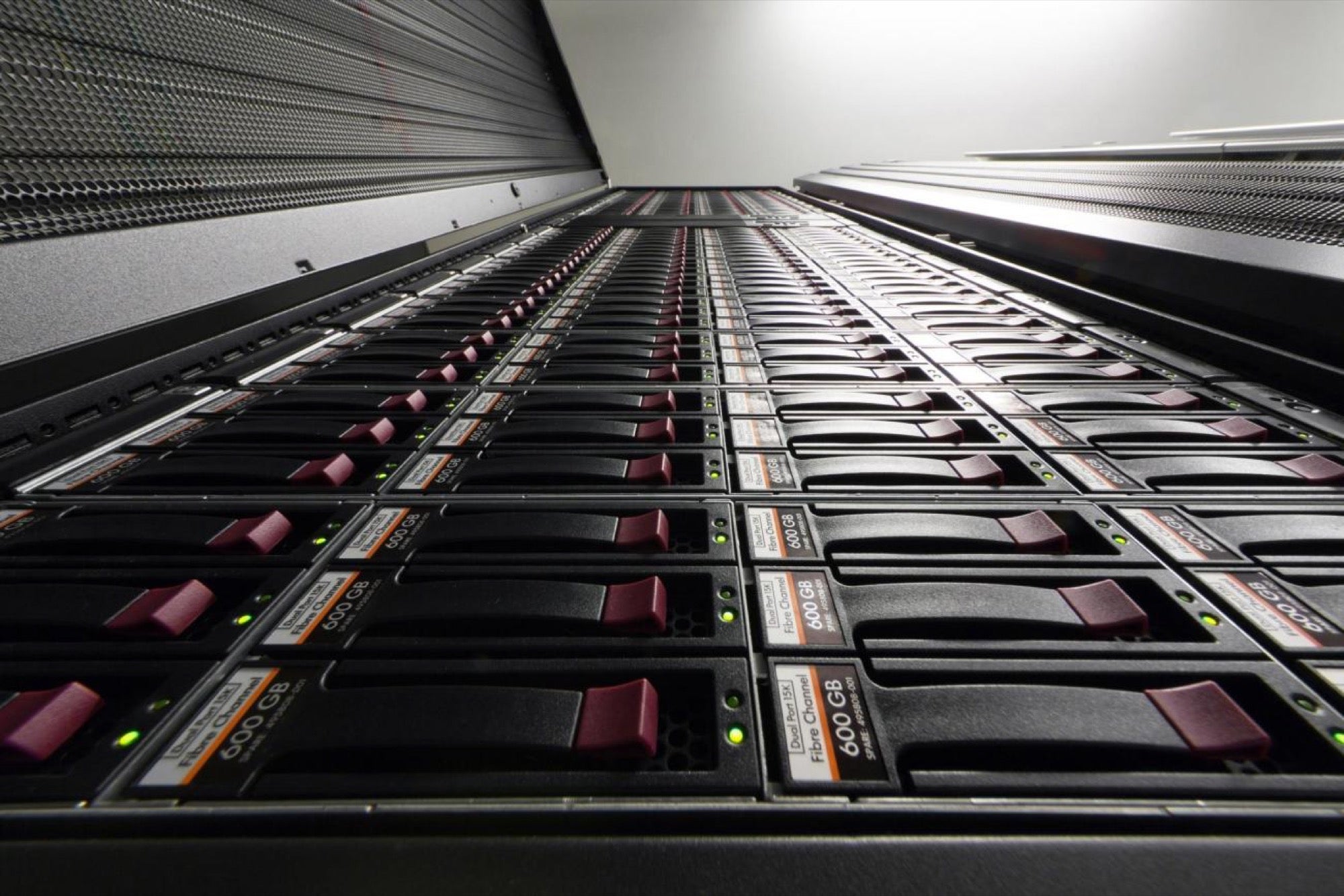Big Data, Big Deal! 5 Ways It's Going to Be Revolutionized In 2018 The big data market has been predicted to be worth $46.34 billion by 2018. What can it do for your business?
By AJ Agrawal Edited by Dan Bova
Opinions expressed by Entrepreneur contributors are their own.

Big data is a big deal. From reducing their costs and making better decisions, to creating products and services that are in demand by customers, businesses will increasingly benefit by using big-data analytics.
Related: How Big Data Analytics Provide Personalized Customer Experience
There's a reason for the prediction that the big-data market will be worth $46.34 billion by 2018: It's constantly evolving, changing the ways that we find, understand, and use data and data analytics.
Next year will be no exception. Because of incoming innovations in technology and data science, exciting, revolutionary changes in big data can be expected in 2018. Here are my top predictions:
1. Cognitive technologies are on the rise.
One of the most exciting changes for big data will be the evolution of cognitive technologies. Tasks that were once possible only for humans -- from identifying faces to recognizing handwriting -- are being automated. Additionally, automation is being applied to cognitive skills such as planning, reasoning with limited or uncertain information and learning.
Related: From Being Employees at Facebook to Understanding Big Data Analytics
Previously, computing systems could only capture, move and store unstructured data -- without understanding it. Now, the ongoing changes in cognitive technologies mean that systems can, in fact, comprehend what the data means.
2. There'll be more growth in prescriptive analytics.
Analytics systems are going to work better, too. For analytics to work at all, these systems have to help us make more informed decisions and make our actions more effective. With prescriptive analytics, this will be easier.
Prescriptive analytics involves finding the best course of action for a given situation, and because the field is getting better, in 2018, it will make a big difference for big data. Cognitive computing is extending analytics levels to new kinds of data, using new technologies.
Prescriptive analytics helps deliver what's right in a given situation -- i.e., the right answer at the right time, in the right context. By combining both predictive and descriptive analytics, entrepreneurs will be able to make smarter decisions with the data they have. When analytics are used correctly -- with a combination of mathematics, analytics and experimentation -- businesses can optimize production and improve customers' experiences.
Using analytics and being able to analyze data at the same time provides a faster, fuller picture of a business's data. So, when you're trying to find out how to drive more traffic to your online store, for example, prescriptive analytics will make this much easier.
3. Machines will be learning faster than ever.
The more we develop our machines, the faster their ability to learn will become. Machine-learning (ML) technology is growing rapidly these days, meaning that soon these machines will be able to analyze bigger, more complex data and deliver faster and more accurate results. This growth has been caused by the enormous increase in data, improved algorithms and more powerful computer hardware. As a result, people, processes and products will all be streamlined in a way we can't yet imagine.
According to Ronald Van Loon, the Dutch data expert, right now, "Machine learning algorithms learn from huge amounts of structured and unstructured data, e.g. text, images, video, voice, body language and facial expressions." By next year, machine learning is expected to become faster and smarter than it already is, and be able to make better predictions for the future. It's been said, for example, that even recruitment will be automated for many companies by 2018.
So, the more that machine-learning algorithms develop, the more they'll be able to teach us about unstructured data. This means that there'll be even more challenges and problems your company will be able to overcome, thanks to developments in ML.
4. Cyber security will improve, thanks to AI.
With improvements in artificial intelligence, specifically the application of reinforcement learning to problems, machines will soon be able to model human psychology and make better predictions. They'll also get better at learning from unlabeled data without any need for human supervision. With this increased capacity, AI will become a defense mechanism for safeguarding data.
According to the Harvard Business Review, AI will be used to protect cyber infrastructures from attacks and hacks -- which will be of great use to anyone running a business.
5. IoT will have a big impact on big data.
IoT -- the internet of things -- will become a large part of big data analysis in 2018. As more consumers use smartphones, tablets and other gadgets, more businesses will invest in IoT to collect the data they need.
Already, consumers and businesses alike have benefited from sensor-based analytics: An example: Sensors can track what parts of stores get the most foot traffic and will accordingly become more common in 2018, especially for retail.
Overall, the changes big data promises for 2018 are exciting; whether your business is in retail, ecommerce, or online education, in something like statistics, you can benefit from these changes.
Related: How Small Businesses Can Embrace Big Data
How has big data affected your business? What changes do you think will benefit your business the most?











